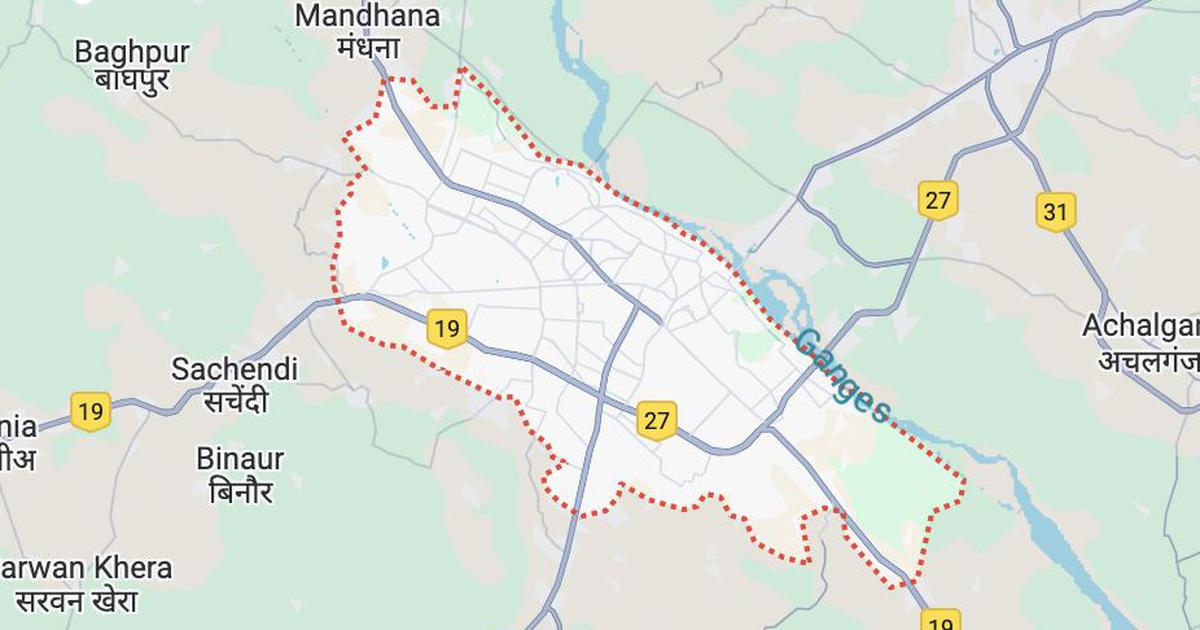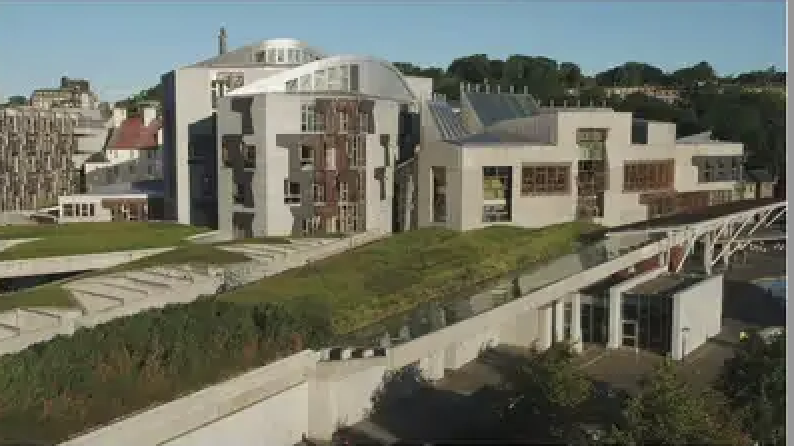
By Anurag Mehra / Scroll
The emergence of the Bulli Bai app, and before that the Sulli Deals app, apparently created by young adults, points to something deeply rotten in the moral core of sections of our youth. The contemporary education system seems to be completely ineffective in enabling people to screen out prejudices, bigotry and falsehoods.
What kind of learning and socialisation produces people so taken in by hate-spawning ideologies, cruelty and an utter lack of empathy that banter about rape and death threats can be considered a part of “just having fun”?
The makers of these apps, which essentially put Muslim women up for “auction” online, are purportedly from privileged castes, deeply misogynistic, and stand strongly against caste-based reservations. They identify as “trads” who strongly believe in “tradition” and oppose all forms of modernity – except, of course, the internet and the mobile phone.
Many are staunch supporters of an indigenous-Vedic-Aryan supremacy and unabashedly venerate icons of the extreme Hindutva right. Their beliefs make mainstream Hindutva politicians seem like moderates and the “trads” actually call them “raitas” – a designation that denotes people who “make a mess” of their commitments.
Social contexts, toxic discourse
What can possibly explain the traction of such rabid worldviews? One is, of course, the context. We live in times when those stepping into adulthood are likely to face unemployment, financial insecurity and precarious futures; where authoritarian leaders provoke supporters to form vigilante mobs – digital and real – to destroy imagined enemies; where toxic discourses against such enemies provide “explanations” for social ills and personal misery; and, when this toxic polarisation of views lives inside homes.
A significant reason for the ubiquitous hold of farcical and irrational “social logic” is the nature of education that we receive in schools, and often, in higher education institutions as well. A ritualistic education system, whose sole focus is to make students score in examinations and award degrees, commits many sins of omission.
Most engagement is designed to simply acquire and regurgitate memorised information such as definitions, laws, events, problem “solutions”, and even descriptions of characters in literature. Therefore, much less attention – or, frequently, none at all – is paid to more profound aspects that involve questioning, thinking, analysis, establishing connections, and developing wholesome awareness about issues.
An overall creation of a rote learning system is a worldview that has a poor understanding of social and political issues. It is marked by a fundamental inability to decode the social-economic mechanisms of contemporary political economy, and by extension, one’s own personal predicaments. There is, thus, no grasp of how caste discrimination operates in the real world or how merit is correlated with privilege. Instead, the mind is filled with simplistic notions that “reservations are against merit”.
There is little understanding that unemployment is because of factors such as the state of the economy and increasing automation in industry, and not caused by the neighbour who belongs to another community. Pent up social and personal resentments find scapegoats mindlessly.
‘Right to be offended’
A superficial educational exposure to basic ideas that are taught in civilised societies, such as the “freedom of expression”, are internalised in the most literal of ways. Free speech is simply translated to mean “I can say whatever I want to”, and now the internet and social media enable this in convenient ways.
This “freedom” routinely includes threatening others, often viciously. This perspective also holds that those who hold differing views are liars and even unpatriotic sell-outs – therefore, they mostly do not have any right to free speech.
This “freedom” is also easily further extended to the “right to be offended” by “whatever I do not like”. It could be a dress, food, book, film, speech, blog, post or even a researched piece of writing. The heckler’s veto is put to frequent use by filing complaints of being offended.
When a talk is canceled or a book is banned, ostensibly because it may lead to law and order problems, not only is the state abdicating its constitutional responsibility, it is also providing a validation of this grossly wrong understanding of this “freedom”.
In this scheme of things, support for the lynching of an “enemy” or threatening to rape a child is a “right”, but peaceful protests by opponents must be crushed and calls for genocide of “others” are justified but any dissent is sedition.
This thought system gives rise to weird equivalences: if one group is preaching love and peace then an opposing group has the right to preach hate and violence. If the absurdity of this equivalence is pointed out the latter call the former intolerant. Apparently, concepts of hate speech are too sophisticated for this group to grasp.
Instant justice
Another significantly “simplified” notion is that justice must literally be accorded instantaneously. The principle of “innocent until proven guilty” – that everyone without exception is entitled to a fair trial in order to establish guilt – is treated merely as a bureaucratic obstruction.
In an unthinking worldview the operating principle is that “in my opinion X is guilty so X must be summarily punished”. That comprehension that such a principle is necessary to protect innocent people from being framed and persecuted by the powerful, often the state itself is non-existent. So too is the awareness that no one can be punished based on an opinion, even more so in a world drowning in fake news. Thus comes the easy appeal of slogans like “goli maron salon ko” – shoot the traitors – and the justification for mob violence.
Multidisciplinary learning
It is not for nothing that many modern democracies put such tremendous value on multidisciplinary learning, and on pedagogies that provoke thinking and analysis. Engagement with literature, music, the arts and humanities makes us aware of stories from our and other cultures, and brings forth an appreciation of shared humanity.
The study of history tells us what material conditions led to wars, the establishment of nations and their governance systems, and insights into how socio-cultural beliefs arose.
Disciplines such as civics, law and political science convey ideas of universal human rights, the functioning of representative democratic institutions and the notions of fair, reasonable and just laws.
Exposure to science and technology-related disciplines teach us the value of logical reasoning and evidence. Such an education enables the development of the basic “toolkit” needed to distinguish between genuine and fake narratives.
It is tragic that with the exception of a few reputed institutions, even when these disciplines are the main focus of study, they are covered in the most superficial manner. Further, cross-disciplinary exposure in our current educational curricula is either non-existent or exists as a ritualistic formality.
For instance, in most science and engineering institutions the study of arts or social science is considered “time pass”. Conversely, in social science institutions the study of science, engineering or medicine is considered pedestrian and intellectually lowbrow.
A few examples further illustrate what kind of comprehension results from the lack of a liberal and multidisciplinary education, and the absence of wholesome, deep perspectives.
A superficial explanation for the rise of Nazism, on the eve of World War II, suggests that [Adolf] Hitler’s evil personna was its main cause. Those who do not know that Nazis were supported by significant sections of the German industrial and landowning elite, and that economic distress affecting the masses was leveraged into blaming the Jews are ill-equipped to comprehend how contemporary authoritarian-populist movements build upon similar factors.
An intertwined mix of economic and cultural literacy is needed to understand history and politics.
There are many who think that their own civilisation was the “original” one and therefore the “greatest” ever. Such a perspective arises from a lack of familiarity with the history of different civilizations and the great prehistoric intercontinental migrations. Because most of the validation of migration routes has been by tracking DNA of different human groups some layman-scientific exposure to the main ideas of genetics is also necessary.
Without the context, nuances and grasp of complexity that comprises the substantive knowledge about an issue, reasoned viewpoints are simply replaced by varieties of chauvinism: “my culture and my version” is the best because “I believe” so. Anything that is at variance is viewed as a conspiracy and this can be stretched to absurd extremes; so researched history becomes a bunch of lies or validated scientific theories – like the theory of evolution – are declared to be hoaxes amidst an intense rush of “cultural” superiority.
How it will get worse
In the coming days this is going to become worse. Three specific factors are likely to play a role.
First, the persisting emphasis on skill or vocation-based courses, in the curriculum, as an exclusive pathway to employment will continue to devalue the idea of multidisciplinary exposure because there is no point in pursuing “useless” subjects.
Secondly, the growing push for digitalisation of education and the replacement of the physical classroom by the online-virtual one will further eliminate in-person socialisation with peers and teachers, and as a consequence the chance to learn about people not like us.
Lastly, the enhanced interest of technology companies – such as Facebook, which recently renamed itself Meta – in the creation of virtual realities will create more addiction with the unreal and a greater disconnect from ground reality.
In these “worlds”, issues such as socio-economic inequality, the horrors of climate change, the degradation of work and a ubiquitous financial precarity will not exist and nor will any reason to why they need to be understood.
Will the New Education Policy, which promises to infuse a liberal and multidisciplinary pedagogy into every level of education, deliver us into deeper ways of learning and thinking?
This article first appeared on scroll.in






